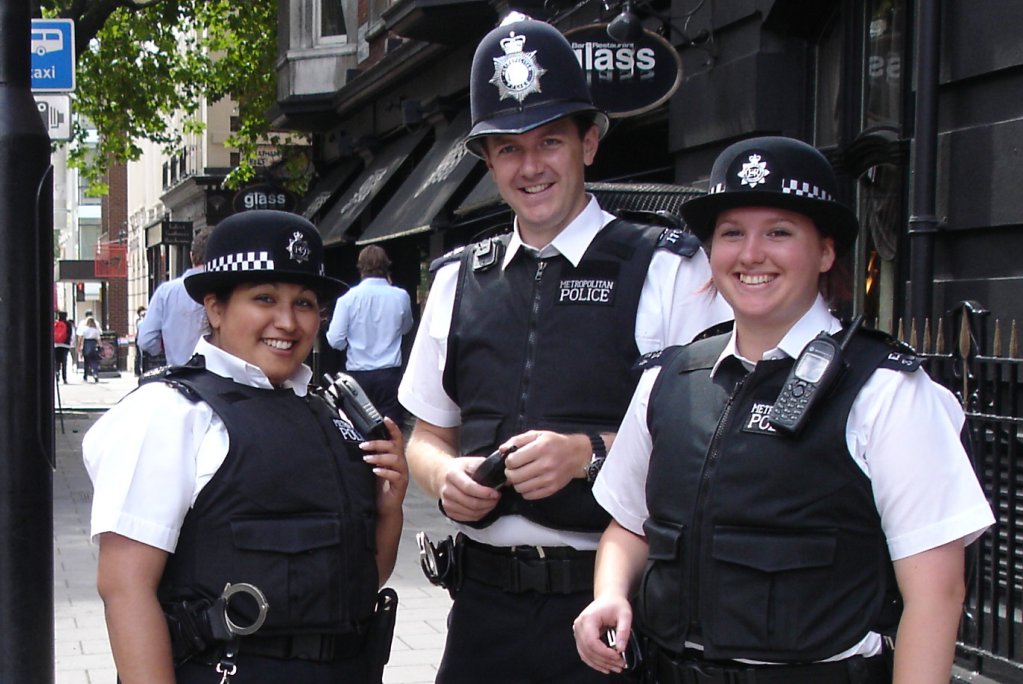Met Police discrimination complainants victimised

Ethnic minority, gay and female police officers and staff in the Metropolitan Police Service (MPS), who raise complaints of discrimination expect to be victimised and fear reprisals such as being denied promotion, a major investigation report by the Equality and Human Rights Commission will say today (8th September 2016).
The new report calls for changes to the law and to the way the MPS handle internal complaints in the future after the Commission revealed issues with the culture of the MPS, and how it deals with complaints of discrimination. Complaining is consistently described by MPS police officers and staff as “putting your head above the parapet” as the expectation (regardless of actual practice) is that you will be victimised for doing so.
Today’s findings are based on our extensive investigation into the MPS’s treatment of ethnic minority, gay and female officers and staff who complain about discrimination. It follows an Employment Tribunal’s findings of sex and race discrimination and victimisation in the case of Carol Howard v Metropolitan Police Service.
The investigation focused on the MPS internal grievance and misconduct procedures following complaints of discrimination. It looked at the processes and structures the MPS had in place in order to examine whether there were any systemic problems affecting the outcomes of these complaints.
The Commission carried out an in-depth examination of a wide body of evidence spanning three years. This included hundreds of documents and reports, around 60 interviews with police officers and staff and detailed analysis of MPS data and procedures.
The Commission found that while, based on the evidence available, it was not possible to establish a breach of equality legislation, poor practice included:
- Poor record keeping of individual cases and inconsistent data prevents identification of systemic problems and inhibits action being taken to address them.
- A general reluctance within the MPS to admit mistakes and apologise for them.
- Misplaced loyalty by MPS police officers and staff, a lack of clarity in police regulations, and weak internal complaint systems are barriers to fair treatment for police officers and staff who may have been victims of discrimination or harassment.If this continues the MPS risk further losses at Employment Tribunals which could damage the public's confidence in the MPS’s ability to police London fairly.
- The impact of Home Office regulations is that all complaints involving discrimination must be escalated past the grievance process (where resolution can be sought on a more constructive basis) and straight into the misconduct procedure, where the focus is on blame and the outcome for the perpetrator could be dismissal. These factors along with the expectation of victimisation could deter some victims from ever coming forward which limits the MPS's ability to tackle discrimination.
- The MPS’s ‘painful history’ around discrimination was described as a key reason for a lack of confidence by some managers in handling difficult situations, particularly where these relate to diversity and more so when race is involved.
The MPS has committed to a substantial action plan in response to the Acas report and has worked to improve practice in the last two years. At the same time, they have acknowledged that significant weaknesses remain and have accepted the Commission’s recommendations, including:
- The MPS needs to take action to tackle the expectation of victimisation in order to ensure that its personnel are confident when making complaints of discrimination.This could include further analysis to assess whether there are links between making complaints of discrimination and acts of victimisation such as being blocked from promotion or training opportunities.
- The MPS should improve its record-keeping to ensure greater consistency.This should include clear recording of dates, updates and outcomes regarding individual complaints.
- The MPS should strengthen the management skills of its officers and staff, especially in handling difficult situations and dealing with race issues.
- The MPS should review how its data is collected, stored and retrieved so it can undertake regular statistical analysis to identify and tackle potential issues and measure progress.
The report also makes recommendations for the Home Office which include:
- The Home Office should amend the legislation which covers internal complaints of misconduct for police personnel to enable the emphasis of the process to be on reconciliation and resolution.
The MPS has committed to take action as a result of both our investigation and the Acas report(1). MPS have agreed an Outcome Achievement Plan with the Commission and MPS will report back to us on progress every six months.
Laura Carstensen, lead EHRC Commissioner for the investigation, said:
“It is unacceptable that police officers and staff often expect to be victimised if they complain about discrimination, and particularly so when this is the organisation to which all Londoners look for protection and fair treatment.
“We share the MPS’s ambition that no member of staff should feel unfairly treated because of their gender, race or sexual orientation and have made recommendations in today’s report to help them achieve this.”
“I would like to thank the MPS for their constructive engagement with the investigation and their positive commitment to change.”
For further information visit www.equalityhumanrights.com




